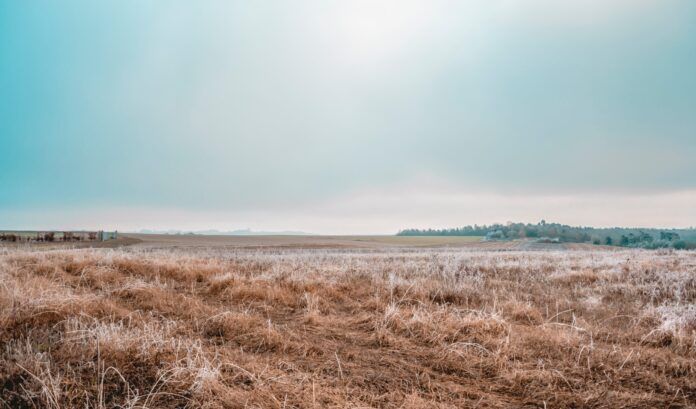Farmers on Vancouver Island may need to downsize their cattle herds as a drought across the province persists.
That’s according to Gerry McClintock of McClintock’s Farm in the Comox Valley. The veteran farmer of 35 years runs a water buffalo farm with his daughter, making yogurt and other dairy products from their milk. On the farm’s website, they say this milk is often easier for people who are lactose intolerant to digest.
It is shipped to various stores stretching from Victoria up to the Comox Valley. While they may have a heard of 200 buffalo, he says he may need to downsize as the drought has plagued the grass-fed farm with little feed.
“Normally this time of year everyone is out on pasture and the milking herd, which at our home farm, would be grazing during the day and then coming in to be milked,” said McClintock.
“We’ve been out of grass now since July 10, so we’ve been feeding the milking herd. We’ve had to feed some of the ones out on pasture.”
McClintock adds that under normal circumstances, they would only feed the milking heard during the last few weeks of August as things got very dry. He says it will be a very expensive year as they will have to buy even more feed to keep the cows healthy and they are also trucking in water.
“Even if we buy some more feed, which is going to double or triple our normal feed bill, if we have another long cold winter and we aren’t able to turn the animals onto pasture before the first week of May, I’m not sure there will be any feed available anywhere at that point,” said McClintock.
He says the heat does not affect the cow’s ability to produce milk, but it can affect the quality of the milk as their diet changes.
Saving grass is also not a good option as he says there is not much grass growth in the fall. Combined with the lack of rainfall, McClintock feels there will not be as much grass growth in the fall.
“The last three years have been particularly dry, but this year is the driest I’ve ever seen,” said McClintock. “I just attended a webinar put on by the water board [Thursday] night and the Tsolum River right now than it ever has been historically.”
McClintock says everyone is short of feed and concerned, adding that fellow beef producers are planning to ship some of their animals and downsizing.
Downsizing is a consideration for McClintock. Although, he says there is not much of a market for live buffalo on Vancouver Island and switching to meat production would be the only way forward.
On Tuesday, the province announced $150,000 to the BC Cattleman’s Association to support the access to feed program. The association says it is working to source out food internationally and match other feed providers with farmers.
“For the livestock sector, our biggest concerns are the lack of feed and the welfare of our animals,” said general manager Kevin Boon.
The help is available through AgriStability and those who are not yet participating in the program still can, according to the province. To be eligible, produces must have declared farm income for tax purposes and have an income decline over the last year, they add.
For McClintock, he asks others to lobby the government for freight support to bring feed from the island off the mainland.






